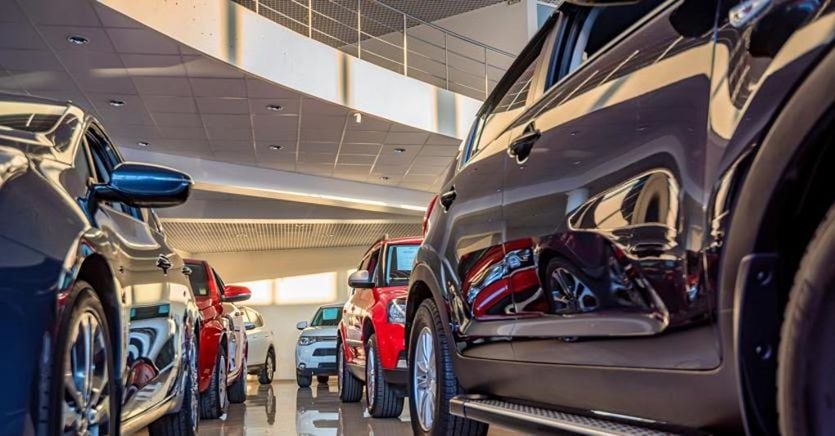Last year the car market registered less than 1.5 million cars for a value of 35.6 billion euros, continuing the race to rise in prices started in 2020. Before Covid, an average of 21 thousand euros was enough to sell 1, 9 million cars, thanks to the pressure of factories that aimed to maximize volumes and stabilize production plans. From there were born the strong discounts practiced in all channels and km0, a tool for reducing prices. Already in 2020 the average price had risen to 22,400 euros, equal to 7%. Without the 600 million incentives to balance growth, the average net value would have reached € 22,800. Last year the incentives went to 1 billion and 50 million, still insufficient to cancel the increases that brought the average net price to 24,300 euros, another plus 8%. These are the data, the source of which is the analysis of the Value Market, conducted by the Fleet & Mobility Study Center with the support of Dataforce, Mapfre and Texa. There are various causes.
The lack of product caused by the chip-crunch has put sellers in the pleasant and unusual position of being able to keep discounts to a minimum. Then, they limited self-registrations and rent-a-car supplies, helping to raise the average value as they were both focused on small cars. In the meantime, the price lists of the houses underwent increases that had not been seen for years. A strategy announced for some time, in response to investments in electrification, but no less counterproductive. At one time, there was a rumor among economists that a decrease in the quantities purchased would correspond to an increase in the price. Finally, but less decisive, the mix shifted to gasoline or diesel hybrid cars, which weigh over a third of the market with a value / volume ratio higher than one, where gasoline thermals are well below.
The electric ones have an even more unbalanced ratio (they cost a lot) but the marginal share does not influence the average that much. The statistics raise some questions. If there are more buyers than cars for sale, what is the effectiveness of the incentives? More than stimulating an already excessive demand, they seem like a gift to those few who manage to buy. Again, if the builders ask for and obtain help from the Government, one billion and 650 million euros of taxpayers’ money, and at the same time increase the price lists, what effects do they produce? Do they encourage customers with incentives with one hand and discourage them with the other? Finally, if all this impoverishment is determined by the policies of the Commission, is it appropriate for consumers and taxpayers to pay, instead of presenting the bill for certain strains to Brussels?
–


